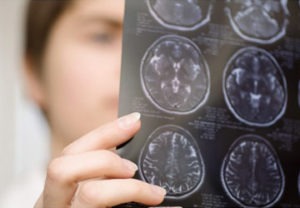Neurobiology of Yoga Online Course
Neurobiology of Yoga
By David Vago, Ph.D. with Yoga Medicine

The following course will provide you with the latest scientific understanding of the brain mechanisms by which self-transformation is possible through yoga practice. Contributions from core components of yoga practice, including postures, breath regulation, ethics, and meditation, are all described in a comprehensive conceptual model supported by underlying neurobiological processes. Neuroplasticity in brain networks of self processing are described as a result of continued practice – contributing to adaptive mental habits and management of stress. The course concludes with summarizing four primary factors that contribute to self-transformation, including an emphasis on body awareness (interoception), perceptual inference, neurovisceral integration, and increased inhibitory control over cognitive, emotional, autonomic, and behavioral output.












